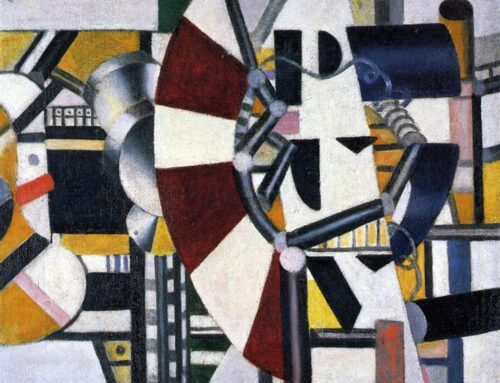Jacob Burckhardt (1818-1897) assesses, for his students in Basel, the relation between history and the natural sciences, “the only disinterested comrades we have.”
Finally, we must say a word or two here about our relationship to the natural sciences and mathematics, the only disinterested comrades we have. For theology and law are out to master us, or at any rate to use us as an arsenal, while philosophy, striving to stand above all, is actually everyone’s guest.
We will not ask in this respect whether the study of mathematics or natural science, by their own inner logic, excludes from the outset any historical consideration. In any case, the history of ideas should not allow itself to be shut out of those fields….
Since the sixteenth century, however, the natural sciences have been one of the paramount metrics for the genius of an age. Those people who somewhat check their advance are very often academicians and professors.
The predominance and popularization of the natural sciences in the nineteenth century forms an event that makes us reflexively wonder what will be its outcome, and in what way it is interwoven with the fate of our time.
And now there is a friendship between the natural sciences and history, not only because, as we have already seen, science demands nothing from history, but also because these two branches of learning are alone capable of a detached, disinterested participation in the life of things.
— Observations on World History (Weltgeschichtliche Betrachtungen)
(originally posted March 2016)






Leave A Comment